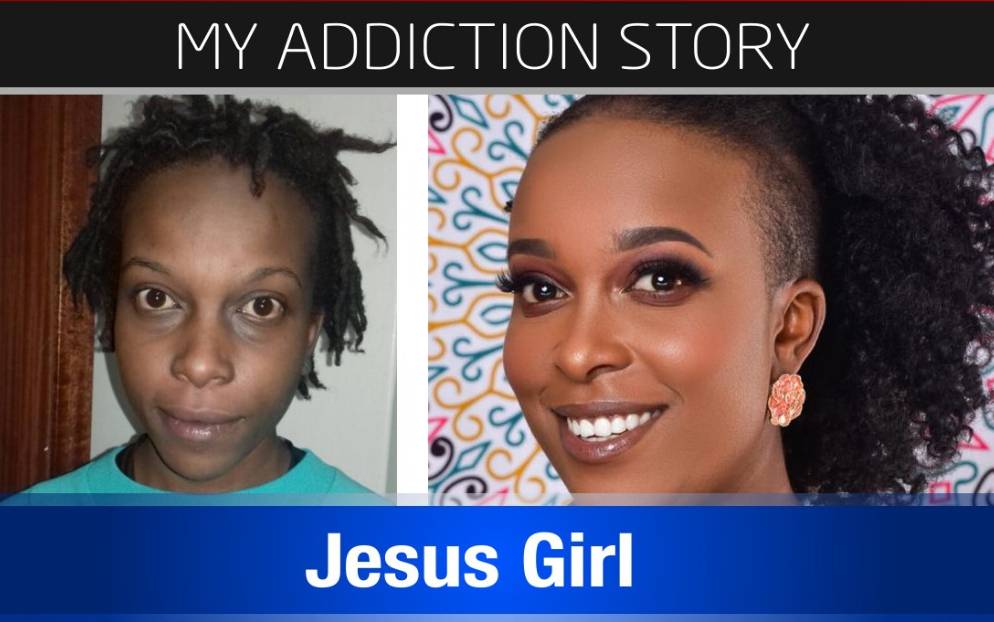×
The Standard e-Paper
Smart Minds Choose Us

Dora Obwaka has two pictures that represent two extreme facets of her life just in a span of less than 10 years.
She is dreadlocked, darker, frail and appears tipsy on her first picture which she took in 2016 while still battling drug addiction and struggling to rise from the chains of drinking and smoking slavery.